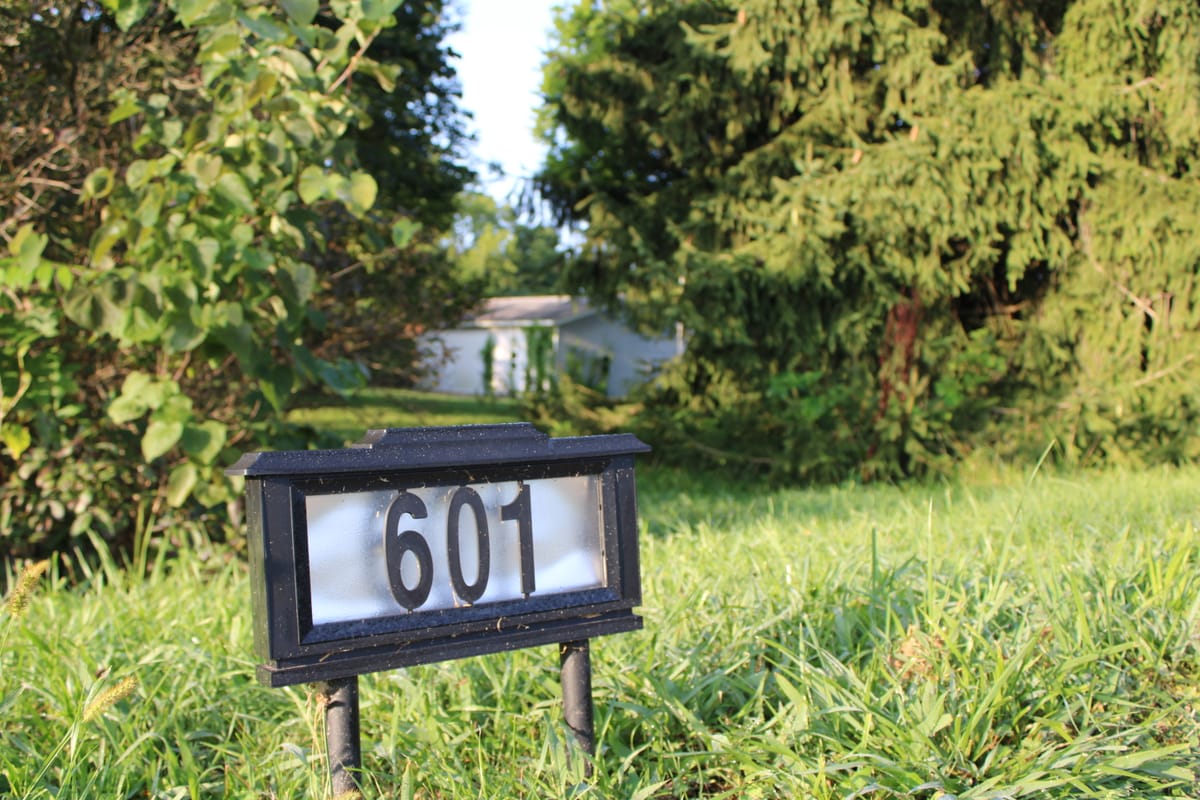Oxford passes short term rental restrictions, sells property to Habitat for Humanity
Property owners outside the Mile Square will have to be permanent residents of their homes in order to use them as short term rentals after Oxford passed a new ordinance Aug. 20.

Oxford City Council unanimously voted in favor of ordinances to add primary residence requirements for short term rentals and sell city property to Habitat for Humanity of Greater Cincinnati during an Aug. 20 meeting.
Both ordinances were first introduced at an Aug. 6 meeting. Habitat for Humanity is planning a development of up to 38 townhomes off Chestnut Street, which the city approved nearly $1.5 million in grant and American Rescue Plan Act (ARPA) funding for earlier this month.
The sale of property at 601, 603 and 607 W. Chestnut, for $1, is intended to help Habitat secure additional funding for the project. According to a staff report, allowing Habitat to own the land will open up funding opportunities including HUD Home Funds, allocations from Habitat Ohio's ARPA funding and the Federal Home Loan Bank. Oxford previously purchased the three properties in 2022 and 2023 using ARPA funds.
The city is also working with an organization to develop a cottage community of low-income housing on Hester Road.
"Officially: Woohoo," council member Jason Bracken said. "This is awesome. Every step we take forward on this, and with stuff like the cottage community, I'm super excited about."
Council's short term rental ordinance, which passed unanimously, requires that new short term rentals like airbnbs outside the Mile Square must be the primary residence for owners. The goal of the ordinance is to prevent out-of-town property managers from competing with local residents in the housing market to convert homes into high-capacity short term rentals.
Oxford currently has regulations and licensing requirements for short term rentals, including a cap of 90 days used as transient guest lodging per year. However, nearly half of all short term rentals identified in 2023 exceeded that cap.
To accommodate the ordinance, which will go into effect 30 days after passage, the council extended a moratorium on all new short term rentals until Sept. 30. Members of council discussed extending the moratorium further to allow city staff time to review how to limit short term rentals within the Mile Square, but ultimately didn't vote on an amendment. Mayor Bill Snavely suggested that the further extension for properties within the Mile Square might come up at a future meeting before the current moratorium expires.
Vice Mayor Chantel Raghu said in her experience, most student rentals in the Mile Square sit empty in January and during the summer months rather than being temporarily converted into short term rentals. She said that dynamic could change if Miami's student population declines in the coming years.
Data from the Ohio Department of Education shows that enrollment at public universities in the state has declined by more than 10% since 2014, with consistent drops each year since 2019. Raghu said the city should prioritize getting permanent residents into homes if a student decline leaves more properties in the Mile Square vacant.
"We want families in those homes," Raghu said. "We already know that there are so many families that do not have access to a home. We need to make sure that the easy conversion is not putting some cheap furniture in there and a slap of paint, and now it's a short term rental."
Also during the meeting, council unanimously passed an ordinances allowing Training Tracks, a dog training company, to open a facility on College Corner Pike and approving preliminary plans for a 25-home subdivision on Roberts Road. Plans for the same subdivision were originally approved between 2019 and 2021, but those plans expired before construction began.




